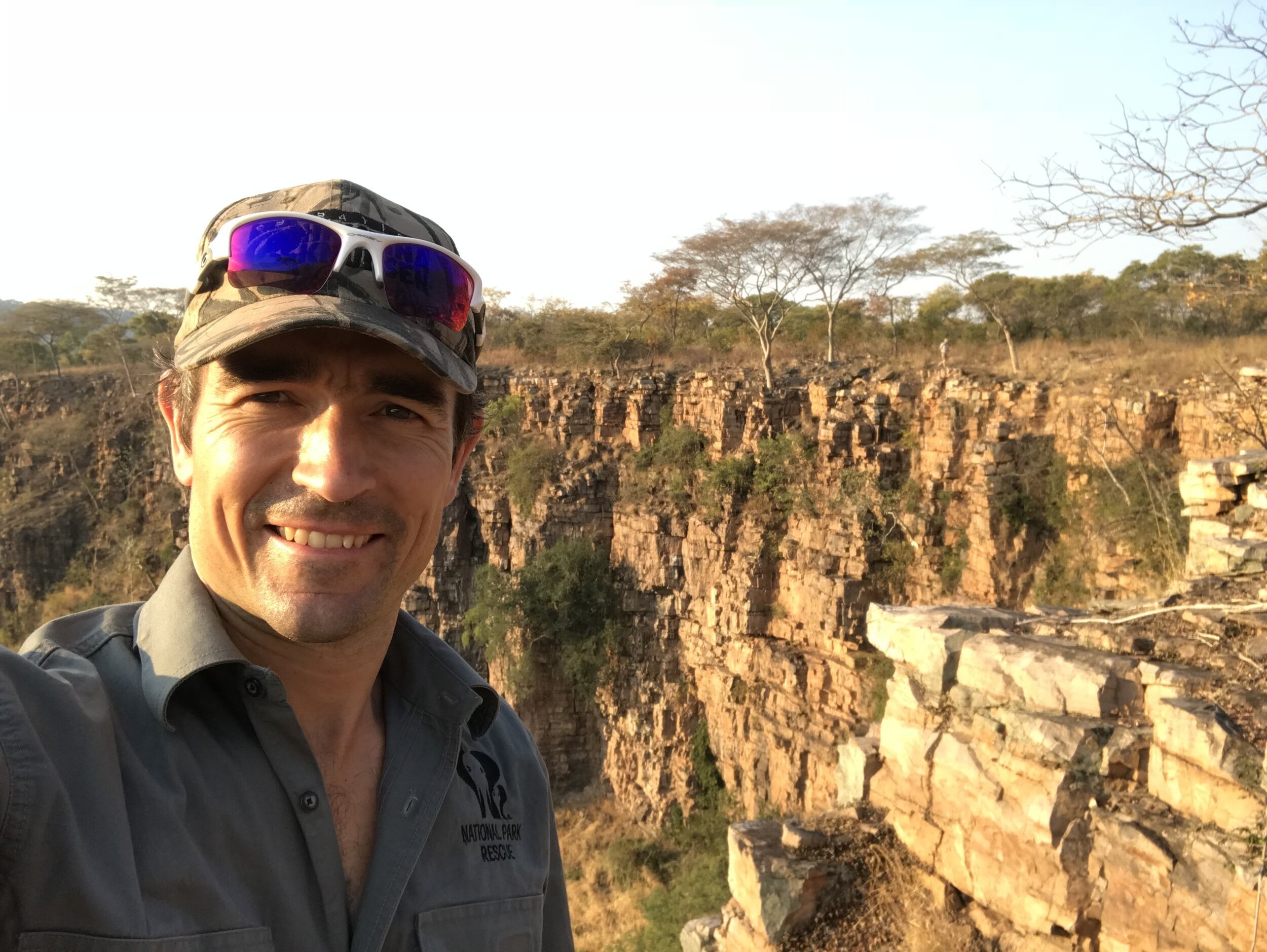Conservation Expert Dr Niall McCann Tells the Coalition How Poverty Reduction in Africa is Protecting Wildlife and Ecosystems Across the Continent
Dr Niall McCann, Director of Conservation, National Park Rescue
Author: Dr Niall McCann
Environmental protection must be at the heart of our International Development strategy, and Britain must take the lead on this, globally, if we are to be the type of country that the world needs us to be.
In Zimbabwe where my organisation National Park Rescue are currently working, there are huge challenges. Unemployment is in the region of 98%, tourism is down over 60% from 2008 levels, and as we speak the country is in the grip of a drought, with failing crops leading to major food insecurity. This rising poverty is leading to an increase in deforestation and poaching as people plunder their natural resources just to make it through the drought.
All of this makes our role in the country so much more important. On the face of it, we are there to protect a national park and the animals that live in it, but in order to do this, we have become the largest local employer, we have established a functioning micro-economy between the park and the communities that surround it, we have prosecuted and imprisoned career criminals and we have increased tourism to the area, all of which helps the local people see the park as an asset to be protected. You could say that we are helping to alleviate poverty by protecting the environment, or you could flip that on its head by saying we are helping to protect the environment by alleviating poverty. What we are demonstrating, in our own small way, is that poverty alleviation and environmental protection are two sides of the same coin.
There has been a slow but steady realisation that human health, wealth and wellbeing are intimately linked to environmental integrity. At the most basic level we need healthy and functioning ecosystems to regulate our climate, provide us with abundant clean water, clean air, protein from meat and fish, pollination services that contribute in the region of 35% of global food production, and all of the other ecosystem services that we get, for free, from a healthy environment.
There is also a growing realisation that these are global issues, not just local issues. That environmental and social issues in one part of the world can have a profound impact across the globe. If the Amazon burns, the whole planet suffers; if the Greenland ice sheet melts, the whole planet suffers; if elephants go extinct, the whole planet suffers.
At a time when some other nations are backsliding on environmental protection, where the chaotic and myopic administrations in Brazil and the US are actively trashing the environment and jeopardising all of our futures through a combination of wilful ignorance and active malevolence, I’m proud to say that Britain is beginning to lead the way in putting climate change and the environment at the heart of international development.
Working in conservation abroad I am often met with cynicism by local people who are suspicious of my motives and will often ask: “what’s in it for you?” For a time, I was stumped by this, it can be hard to explain to some people why I want to save elephants in Africa and stop deforestation in the Amazon, as their impact on my life might seem tangential.
But now that I truly understand the link between environmental protection and human wellbeing, and understand that these issues are global issues that affect us all, I find that question much easier to answer. What’s in it for me? The health and wellbeing of my children and future grandchildren. And besides, if we protect the environment, we are making the world a better place. If that’s not enough of an incentive, then I don’t know what is!

